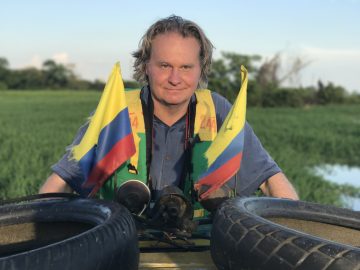Please update your personal coordinates on SSC (address, contacts, phone number, email address) ASAP.
FASMail – please activate
In response to privacy and security concerns as outlined in BC Provincial FIPPA legislation and UBC Policy #104, the Faculty of Land and Food Systems has assigned each of our graduate students a new UBC email account (FASMail).
This email account will remain active for the duration of your studies at LFS and must be used for all UBC-related correspondence. Starting in the spring of 2016, this email address will be the only one used by the LFS Grad Student Office to contact you.
Account Details
Your email address is: Your_CWL_ID@mail.ubc.ca
Web Interface: www.mail.ubc.ca
Account Setup
To activate your email account, please login (without “.stu”) and change your CWL password . (If you already have a FASMail account, you do not need to change your CWL password).
To test, log in. If your mail box is there, you don’t need to do anything else. If you need to create a FASMail mailbox, follow these instructions.
Updating your email account in the SSC and notify Lia in the grad programs office
To ensure that emails are not sent inadvertently to a non UBC email, please update your preferred email address in your SSC profile to this new email account. This is especially important when you are appointed as a TA, as Connect retrieves email addresses for TA’s from SSC.
Security Awareness Training
UBCIT offers free online training on security awareness.
Questions?
Contact the LFS Learning Centre via email, it@landfood.ubc.ca, or in person in MCM 264.
Edmund Seow
Computer Systems Manager
The Learning Centre
Faculty of Land and Food Systems

